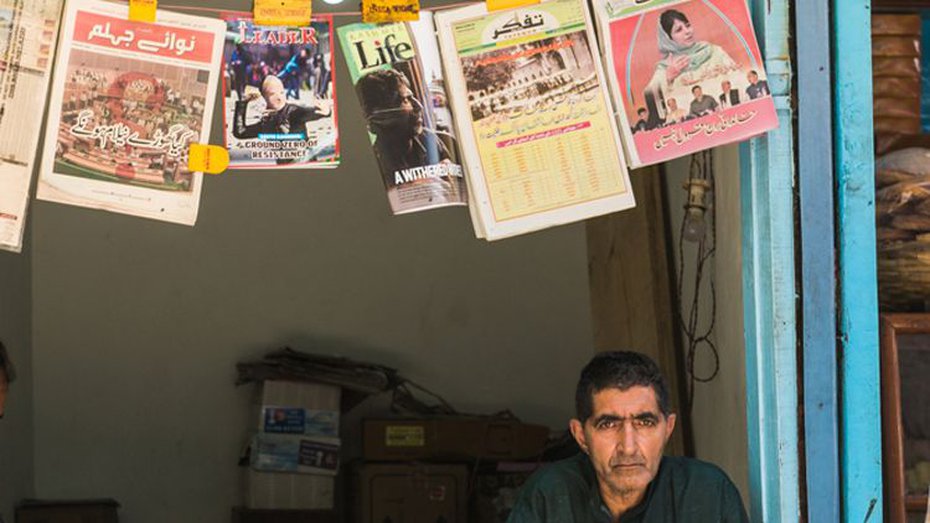Is the line between the jury and the executioner getting blurred? The Jammu and Kashmir administration has formulated a new media policy, which empowers the State to define the various grey shades of news: ‘fake’, ‘unethical’ or ‘anti-national’. But should such information — truth should always be its pivot — be subjected to encroachment from the executive? Journalism cannot be bound to power; speaking truth to power is, theoretically, the principal goal of the profession. The implications of the new media policy transcend the philosophical realm. It can have disastrous repercussions for a restive region. Such an intervention could distort truth and silence voices critical of the administration. Indeed, controlling the nature and the dissemination of news seems to be the underlying motive of an administration that has been criticized for harassing journalists in Kashmir. It must also be remembered that the Union territory is now without an elected government. Choking the voice of an independent media would go a long way in widening the chasm between the people and the Centre. This could have ominous repercussions on security in the region that remains fragile in spite of a muscular government at the Centre.
Of course, the leashing of the media, supposedly one of the fundamental institutions of a democracy, is not unique to Kashmir in New India. An independent survey has shown that at least 55 journalists — six of them are from Kashmir — faced arrests, received summons and experienced such intimidation as the filing of first information reports during the national lockdown that lasted between March 25 and May 31. The period proved to be exceptionally productive for the hunt against dissenting voices; journalists questioning the government’s shoddy handling of the pandemic — the case against Vinod Dua is an example — as well as students who had demonstrated against the Citizenship (Amendment) Act proved to be soft targets for the State and its agencies. These incursions are manifest in India’s consistently poor showing in the global press freedom index: its current rank is 142 out of 180 countries. Administrations across the world are exploiting the rhetoric of nationalism or, in Kashmir’s case, are burnishing its credibility to impede the public’s right to knowledge. The attacks on the media, overt and covert, are a testimony to render the powers that be immune to accountability.











